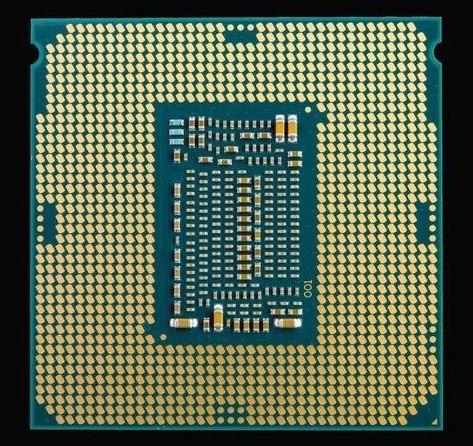Brain Computer Interface (BCI)
Brain-computer interface (BCI) is a technology that agree to communicate between a human-brain with an external technology. The term can be referred to an interface that takes signals from the brain to an external piece of hardware that sends signals to the brain. There are different brain-computer interface technologies developed, through different methods and for diversified purposes, including in virtual reality technology.
Benefits of Brain Computer Interface
Despite BCI being in its initial stage of development, it is expected to provide several benefits to its users in various fields. Some of the major benefits of BCI are as follows:










